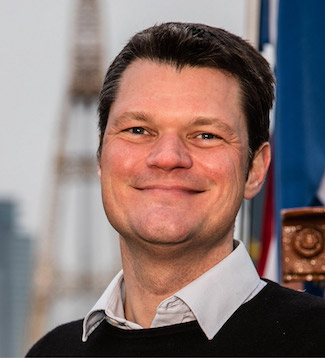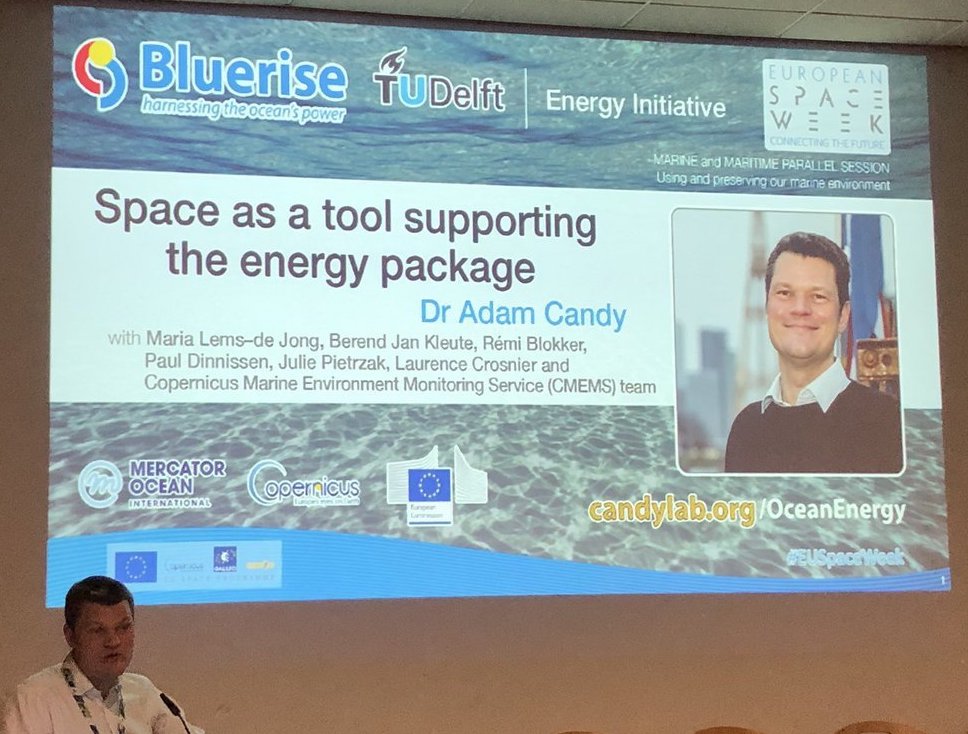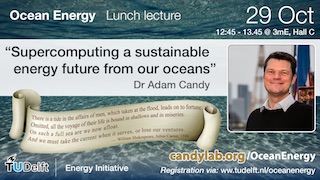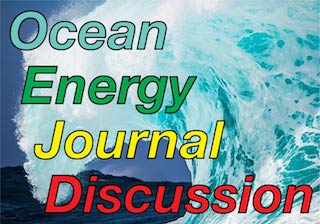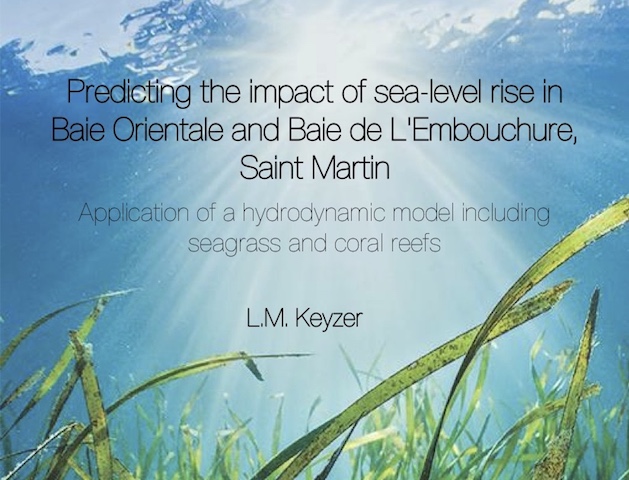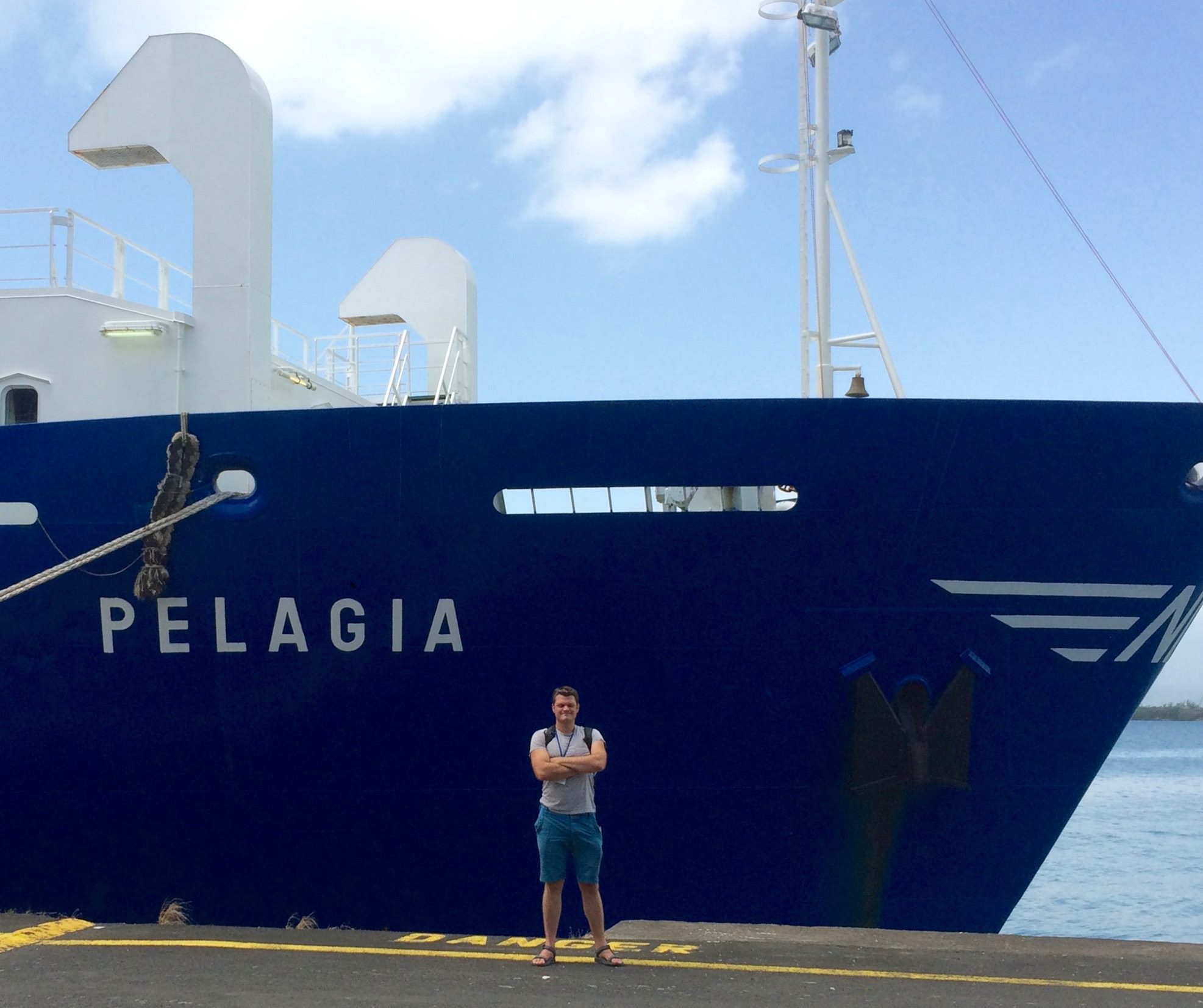
docked at Pointe-à-Pitre, Guadeloupe, Aug 2016
Coastal Ocean Systems Department.
• Co-lead coordinator for the Caribbean Centre of Expertise
• Member of the Sea Level Centre of Expertise
Coastal Ocean Systems,
Landsdiep 4,
1797 SZ 't Horntje (Texel),
The Netherlands.
Welcome
I am a mathematical physicist with an interest and enthusiasm for geophysical processes.
Having spent four fascinating and demanding years studying mathematics at the University of Cambridge, the chance to broaden my horizons pulled me to Japan, where I taught for two years under the Japanese government JET programme in the coastal town of Ōfunato (大船渡市). In my free time I hiked and skied on the mountains and volcanoes, and enjoyed the awesome coastline of Iwate Prefecture, which was, to my horror, subsequently devastated in the Tōhoku tsunami of 2011.
As I contemplated returning home to study for a PhD, I considered how I could combine my background in theoretical mathematics with my interest in better understanding the natural world and impact on our local environment. The application of mathematical models to geophysical processes has underpinned my scientific research ever since. Today I design, analyse and implement innovative, optimised and robust numerical methods which form the backbone of new application studies of the ocean and cryosphere.
I currently live and work in the beautiful city of Delft in the Netherlands with my wife and three children. From time to time I get to escape the Dutch wind and rain with visits to the Dutch Antilles — the main focus of my present research.
Current research
I develop new numerical methods based on solid, rigorous mathematical theory for seamless highly multi-scale anisotropically-unstructured mesh finite element models. Together with collaborators from Delft University of Technology (TU Delft), Utrecht University and the Royal Netherlands Institute for Sea Research (NIOZ), I am involved in a large modelling effort from global climate scales down to seagrass ecosystems of the bays of the Dutch Antilles, to analyse the Stability of Caribbean coastal Ecosystems uNder future Extreme Sea level changes (NWO SCENES). In addition, I am developing a new adaptive non-hydrostatic model of ice shelf ocean cavities, with an application to Pine Island Glacier, to accurately evaluate melt distribution and forming processes in acutely narrow networks of basal channels close to the grounding line.
Contributing to the EU 7th Framework Programme grant PEARL, I recently published a new numerical method enabling, for the first time, modelling of flood inundation fully in 3D, that is efficient over a large range of scales from the globe down to the human scales of an urban environment – for significantly increased accuracy in the modelling of tsunamis and their local effects, for example.
Current research interests in computational fluid dynamics; ocean energy; geophysical fluid dynamics; oceanography and the cryosphere; coastal and global ocean modelling; multi-scale modelling and parameterisation; numerical regularisation and closure schemes; mixed and stabilised finite elements for advection dominated flows; turbulence and subgrid-scale modelling; geohazards including tsunamis and storm surge; adjoint based uncertainty quantification and sensitivity analysis; adaptive algorithms for anisotropic unstructured mesh discretisations; moving mesh methods; coupling of numerical models — to enable new approaches to answering current, important and open questions in science and better understand how our local environment and Earth systems behave.
Education and short biography
Co-lead coordinator for the Caribbean Centre of Expertise
Member of the Sea Level Centre of Expertise
Part of fellowship spent at Earth, Atmospheric and Planetary Sciences (EAPS), MIT visiting Prof. Patrick Heimbach.
Research Scholarship, University College, University of Oxford, UK
Earth Science and Engineering, Imperial College London, UK
Thesis: Regularisation of Sub-grid Scale Information in the Modelling of Transport Processes
Janet Watson Research Scholarship + Industrial CASE award with AWE
Awarded a prestigious invitation to the Physical Oceanography Dissertation Symposium in Hawaii, a biennial meeting for ~15 future leaders in physical ocean and Earth hydrodynamics.
Ōfunato Board of Education, Japan — 大船渡市教育委員会、大船渡市、岩手県、日本
DAMTP, University of Cambridge, UK
Dissertation: Numerical Solutions to Incompressible Driven Cavity Flow (with Prof. John Hinch FRS)
DAMTP, University of Cambridge, UK
Publications
- Candy A.S. and Pietrzak J.D. (2017) Shingle 2.0: generalising self-consistent and automated domain discretisation for multi-scale geophysical models, see also arXiv:1703.08504, Geosci. Model Dev., in press.
- Candy A.S. (2017) A consistent approach to unstructured mesh generation for geophysical models, project pages: shingleproject.org, In Review.
- Pelupessy I., van Werkhoven B., van Elteren A., Viebahn J., Candy A.S., Portegies Zwart S., Dijkstra, H. (2017) The Oceanographic Multipurpose Software Environment (OMUSE v1.0), Geosci. Model Dev., 10, 3167-3187.
- Candy A.S. (2017) An implicit wetting and drying approach for non-hydrostatic baroclinic flows in high aspect ratio domains, Advances in Water Resources, 102, 188-205.
For past research, see the Publications pages.
Latest News
Recent events and updates:
European Space Week EUSW2018, Invited talk Space as a tool supporting the energy package in the Marine and Maritime session
Invited to speak at EUSW2018, Marseille
Upcoming talk at the Ocean Energy Platform Lunch lecture series: Supercomputing a sustainable energy future from our oceans
Ocean Energy Platform Lunch lecture
Ocean Energy Journal Discussion group, register your interest!
A new group to discuss new research and innovations in Ocean Energy
Masters student Lennart Keyzer to defend thesis next Monday 30 Oct
Predicting the impact of sea-level rise in Baie Orientale and Baie de L’Embouchure, Saint Martin. Application of a hydrodynamic model including seagrass and ...
More news and updates.

